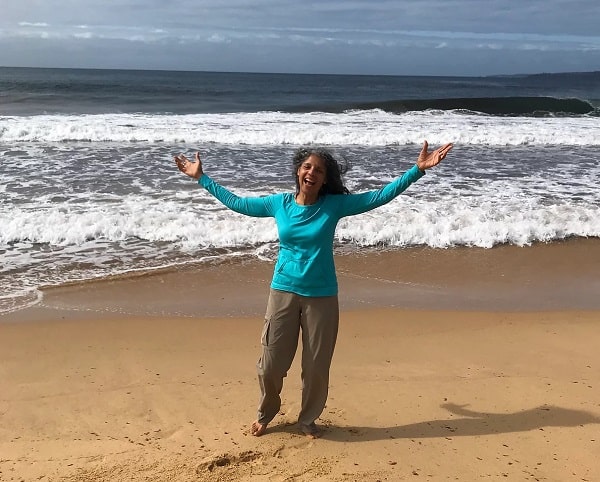

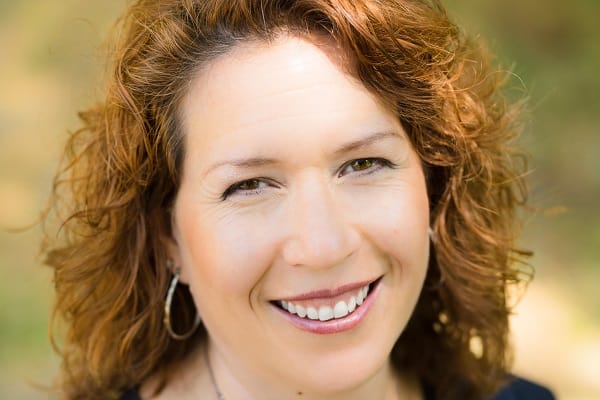
Myriam Martinez: Life Reimagined
Myriam Martinez has never been one to keep quiet, but she was born into a Peruvian immigrant family that valued “not rocking the boat”. When an uncle molested her when she was eleven, true to form, Myriam told…loudly. The molestation stopped, but the family encouraged her silence and still gathered for events with the perpetrator of her abuse. She became a depressed, self-destructive teen who attempted suicide. It was during hospitalization after her suicide attempt that Myriam discovered what it felt like to be cared about, heard, and to have her voice honored. She later set limits with her family, refusing to be at events with a molesting uncle.
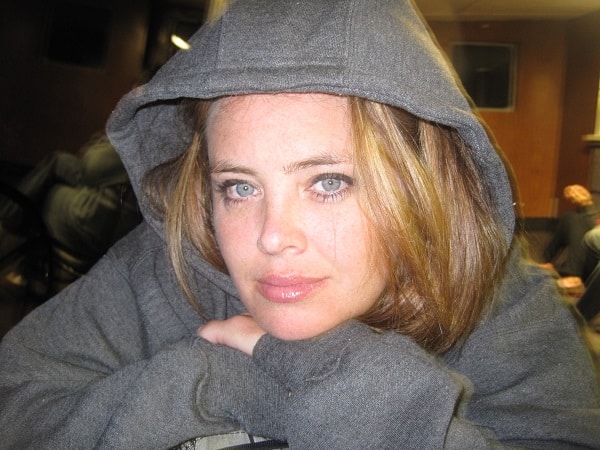
Lisa Dailey: Square Up
Lisa Dailey is an avid traveler and writer. In her time abroad, she unearthed new ways of looking at her life through her discoveries in remote corners of the world, and she continues to enrich her life through travel. Square Up is her first book detailing a seven-month trip around the world with her husband and two teenage sons on the heels of extraordinary loss.
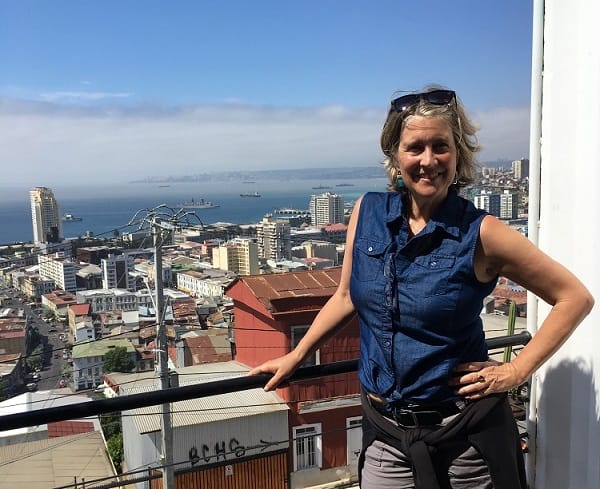
Cami Ostman: Second Wind
Cami Ostman grew up in a chaotic family. The craziness of her childhood drove her to look for solidity and structure outside of her family which she at first found in fundamentalist religion. But religion that was once a place of structure and safety, proved to be a...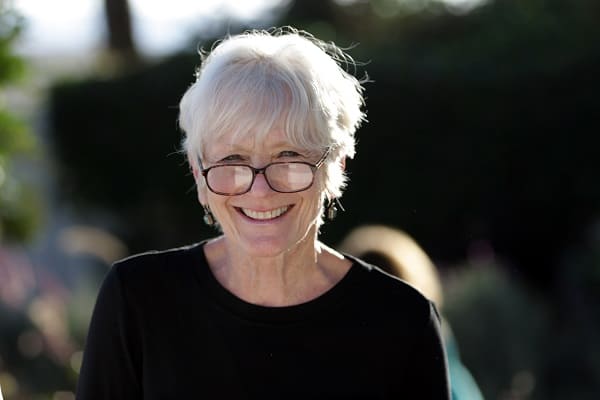
Barbara Abercrombie: The Language of Loss
When Barbara Abercrombie’s husband died, she found the language of condolence, no matter how well intended, often unhelpful and sometimes downright irritating. In her grief, she yearned for words that acknowledged the reality of what it felt like to survive a loved one’s death and that could unflinchingly speak to the sorrow and loneliness (and sometimes even guilt and anger) that can show up in the mourning process. When she searched for a book that might help, they were all either too clinical or too flowery. She ultimately created the book that she needed. Finding that ordinary language wouldn’t do, she discovered that it was poetry that cut to the chase.